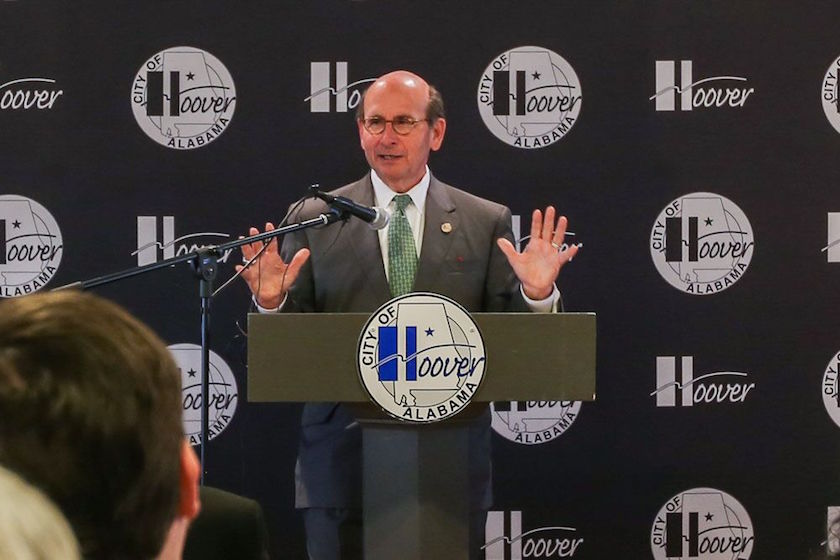
While party leaders hailed the long-awaited GOP alternative to Obamacare after its unveiling in early March, negative reactions swiftly piled up from across the political spectrum.
Opposition from Democrats was expected, as the left continues to vow it will staunchly oppose any attempt to repeal the ACA or weaken its key provisions. Accordingly, any reasonable legislative effort requires a bill that can pass with zero Democratic support, hence the House bill’s reliance on using budget reconciliation procedures to pass both chambers.
But while pushback from the left was expected, congressional leadership seemed surprised as the week’s events played out and it became clear that the truly fatal opposition to the bill may come from fellow Republicans.
Medicaid and Planned Parenthood Drives Moderate Opposition
Within the Capitol, the most explicit concerns have been raised by Republican senators nervous about rolling back the ACA’s Medicaid expansion, and those who reject the bill’s attempt to defund Planned Parenthood.
On March 6, Senators Lisa Murkowski, Rob Portman, Shelley Capito and Cory Gardner sent a letter to Mitch McConnell outlining their objections to Medicaid cuts, writing, “While we support efforts to repeal and replace the Affordable Care Act and make structural reforms to the Medicaid program, we are concerned that the February 10th draft proposal from the House of Representatives does not provide stability and certainty for individuals and families in Medicaid expansion programs or the necessary flexibility for states.”
Such objections have also been raised by several Republican state governors, most notably John Kasich of Ohio, who issued a Twitter statement that said he supports repealing Obamacare, but, “Phasing out Medicaid coverage without a viable alternative is counterproductive[.]”
Meanwhile, both Lisa Murkowski and Susan Collins have indicated they likely won’t vote for any bill that includes cuts to Planned Parenthood.
Tea Party Pushback
From the other side of the party’s political landscape, congressional caucuses with roots in the Tea Party movement have slammed the bill as being insufficiently conservative, and decry its failure to completely repeal the ACA’s tenets.
The House Freedom Caucus held a press conference laying out their position, as Representative Mark Meadows said, “You have to get rid of Obamacare completely.”
Jim Jordan of Ohio followed up, saying, “The leadership plan is Obamacare in a different form.”
Caucus members plan to reintroduce their own repeal bill, with the same language as previous bills passed by Congress under the Obama administration.
While not explicitly affiliated with the Freedom Caucus, Senator Rand Paul has also been a strong voice against the legislation, and infamously spent the week before its release hunting for the “secret bill” in the Senate’s back hallways.
Industry Speaks Out
While they won’t have a vote, a variety of industry organizations affiliated with health care or its recipients have also come out in full force against the bill. The American Medical Association (AMA), American Hospital Association, American Nurses Association and American Association of Retired People (AARP) have all slammed the possibility of a steep dive in coverage rates that they say will result.
AMA President Dr. Andrew Gurman said, “By replacing income-based premium subsidies with age-based tax credits, the AHCA will also make coverage more expensive—if not out of reach—for poor and sick Americans.”
Meanwhile, the AARP says the proposals will sharply increase costs for senior citizens, and slammed the proposed age-banding mechanism as, “Washington politician speak for overcharging older Americans for their health insurance while lining the insurance companies’ pockets.”
The legislation is currently working its way through various committees and the amendment process before being brought to the floors of both chambers for a full vote.









